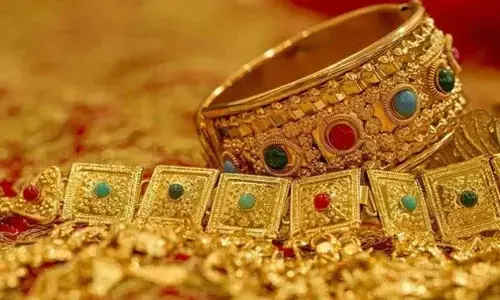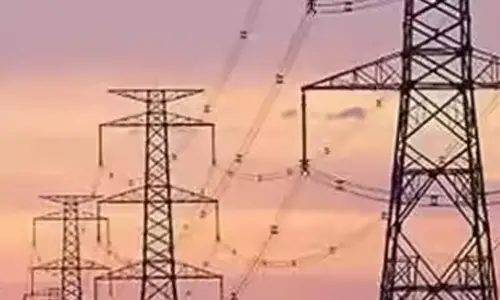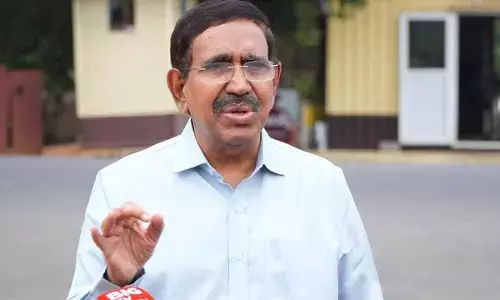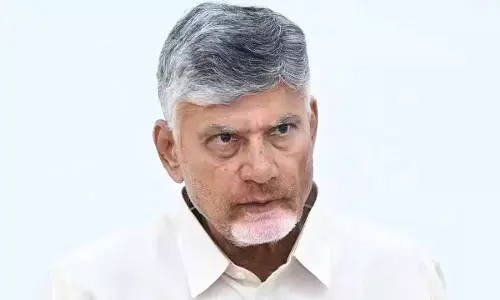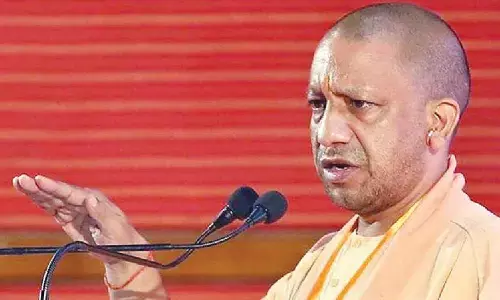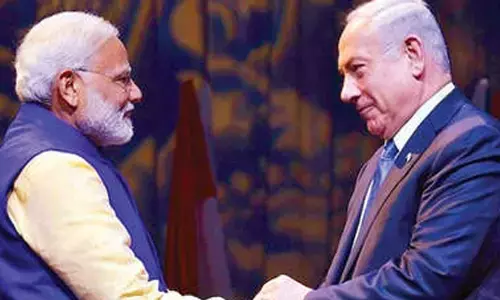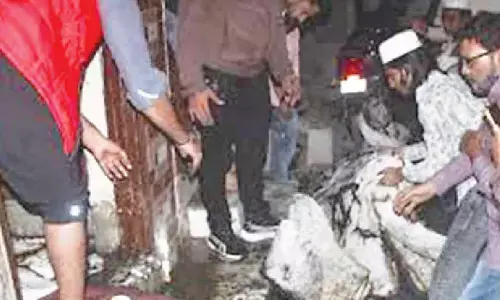A year of crucial importance
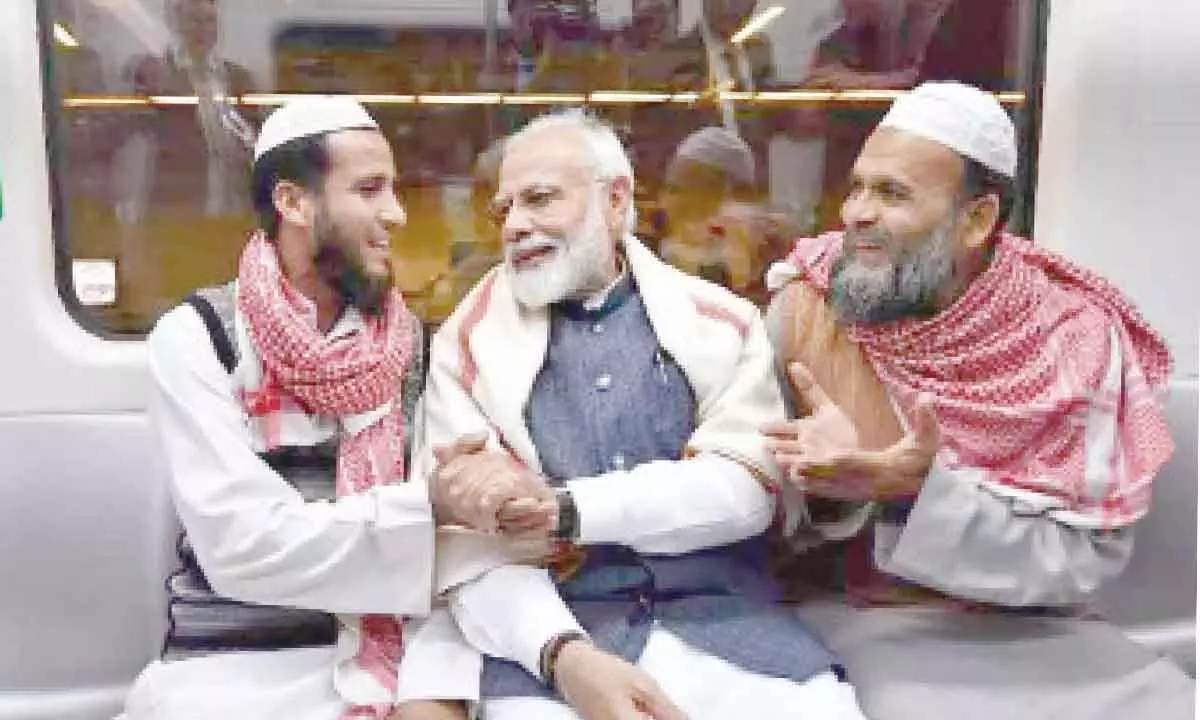
In the run-up to the General Election next year, the country is exposed to an ever-increasing Hindu-Muslim divide primarily because of the politically-motivated campaign of the anti-BJP forces to the effect that the Modi government is pursuing the RSS agenda of establishing Hindu Rashtra in India and working against the Muslim minority. The opposition parties evidently believe that against a highly divided Hindu community, consolidation of Muslim votes behind them would greatly improve their electoral prospects
India presently is in the midst of efforts by the Narendra Modi government to reach a new high in building international relations, maintain domestic peace in the face of a planned attempt of hostile forces within and abroad to push the country towards a serious communal divide and establish once again – in the run-up to the next General Election – the image and strength of India as the world's largest democracy.
India is already the leading power in South Asia and the G20 Presidency has provided it with an opportunity of gaining the leadership of the South by propounding the cause of the less developed countries across the entire range of issues from economic support to an equal say in environment protection. Nine of the twenty G20 members and as many as seven of the nine invitees represent the South and India has done well to have deliberations on the specific matters of concern affecting them.
G20 meetings being held in Arunachal Pradesh and Kashmir convey among other things, India's assertive answer to China and Pakistan who had been raising a dispute about these territories.
The domestic scene in India has for some time been subjected to communal divide, regional centrifugalism and politics of allegations about the style of functioning of the Modi government. The phenomenon of the Hindu-Muslim divide creating communal violence in India was the inevitable legacy of Partition but the severity of riots did taper down with time. However, the schism between the two communities has been perpetuated because of the 'Minority politics' that the Ulema and the elite guiding the Muslims as also many of the political parties, indulged in for their vested interests - considering that as a useful aid in elections.
During the Modi regime forces in the opposition have constantly accused the former of promoting 'majoritarianism' for pushing the country towards Hindu rule and tried to build a narrative – in many cases in conjunction with anti-India lobbies abroad – that the minorities were feeling 'unprotected' under the present government.
The threat to the internal security and stability of India is aggravated by the propaganda offensive of Pakistan alleging that the Muslim minority here was unsafe under the Modi rule and the attempt of that country to raise this question at the Organisation of Islamic Conference(OIC) on the plea that Muslims of India were part of 'Ummah' to which the entire Muslim world particularly Pakistan stood committed.
In recent years, the communal divide has been exploited by anti-India forces within and outside of the country to foster faith-based militancy to foment terrorism in India and enlarge the ambit of cross-border terrorism in Kashmir as well by injecting a religion-linked motivation.
The pro-Pak lobbies in India and abroad have continued to abstain from naming Pakistan for cross-border terrorism in Kashmir and have in fact joined hands in fomenting Muslim separatism by alleging that the Modi government was deviating from the democratic path, by voicing opposition to the current policy of 'no talks with Pakistan' and by even deprecating the advocacy of nationalism by the present regime.
Ever since the Sino-Pak axis has become aggressive against India, external threats to India's internal security had multiplied- the two hostile neighbours were using their potential to fish in the troubled waters of India.
In the run-up to the General Election next year, the country is exposed to an ever-increasing Hindu-Muslim divide primarily because of the politically-motivated campaign of the anti-BJP forces to the effect that the Modi government is pursuing the RSS agenda of establishing Hindu Rashtra in India and working against the Muslim minority. The opposition parties evidently believe that against a highly divided Hindu community, consolidation of Muslim votes behind them would greatly improve their electoral prospects.
The Muslim minority is largely guided in politics by its leaders but the community is not a monolith in terms of its political stand. It is good to reach out to various segments and sects to gain their trust- this is precisely what the ruling dispensation is attempting to do. The anti-BJP parties often in collaboration with civil society groups opposed to the Modi government are projecting the present regime as illiberal- given to nepotism and violation of Constitutional norms.
Indian electorate however is a shrewd judge of whether or not Prime Minister Modi was taking the country on the path of economic development, unfailing national security and special attention to the poor and the underprivileged. It can set its sights above the political tussles that were going on between the ruling party and its detractors. The pre-election year is crucial both for testing the rise of India as a global power and evaluating the Modi government's success in governance at home.
The presidency of G20 and the dynamic framework in which its international conferences had been planned would certainly equip India with unprecedented potential as a world power, make it the fastest growing economy, a tourist destination of repute and an attractive market for investment and would also reaffirm its democratic foundations.Pakistan and China, the two hostile neighbours, would engage in putting down India's image as a self-supportive, secular and peace-loving democracy. However, the reform-oriented, growth driven and welfare-minded rule of Prime Minister Modi is moving ahead along a nationalist path, undeterred by the distracting narratives built by anti-India forces within the country and outside.
The rise of the BJP government at the Centre has prompted some Tamil parties to revive their anti-North and anti-Hindi rhetoric for political reasons even though they knew that their state was completely integrated with the Central administrative mainstream.
Modi government needs to critically examine the quality of law and order management offered by the states, work for effective oversight on the IAS and IPS as the civil services that provided a uniform, apolitical and people-oriented administration throughout the country and do all it takes to ensure that national security was kept above politics in this country. It should adopt bold measures to train, monitor and support the national civil services as India's prime instrument of governance and not hesitate to effectively intervene as per the mandate of the Constitution in the event of a state government failing to maintain administrative integrity in general and the law and order situation in particular.
The image of a country in the international community is determined significantly by the merit of the democratic governance of the nation and the political will of its leadership to respond to both security and economic challenges.
(The writer is a former Director of the Intelligence Bureau)


